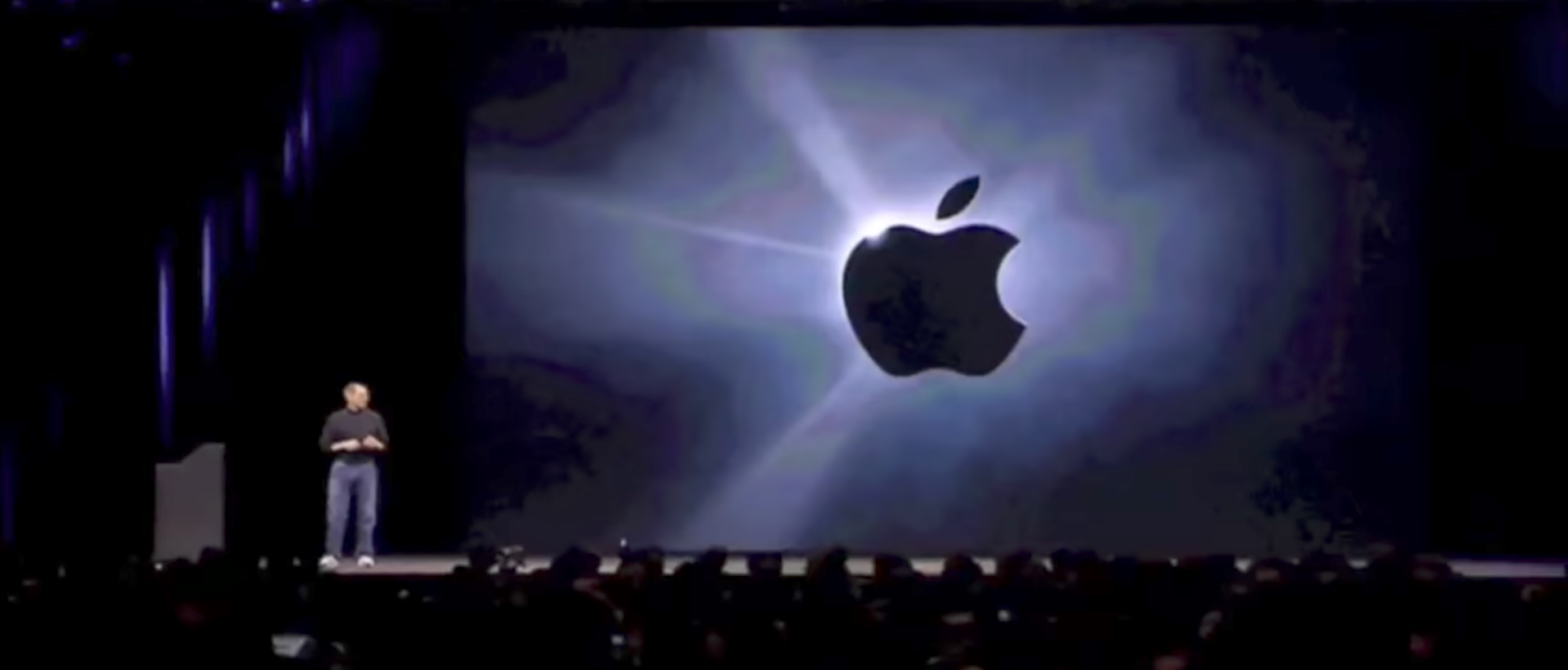The day Steve Jobs unveiled the iPhone – January 9th 2007 – at MacWorld he changed the world. Critics were sceptical at the time, but ten years on and the iPhone has truly changed not only the mobile industry, but how – to an extent – society functions.
While not technically the first smartphone on the market, the sleek design, touchscreen and general ease of use has gone on to influence almost every smartphone since.
>See also: The Queen’s Speech: a technological revolution?
The multi-functional nature of modern mobile devices has proved to have a plethora of practical uses in everyday life, from GPS navigation to taking high quality photos of an important event. One of the more recent areas which is being transformed by mobile is education.
Elliot Gowans, VP EMEA at global learning technology leader D2L comments: “The ten-year anniversary of Apple’s iPhone [release] highlights just how much mobile technology has transformed the world we live in – particularly within education. Young people are notorious for being attached to their phone and with 91% of millennials in the UK owning a smartphone, it’s only natural that this technology is being brought into the learning environment. More than ever, students are demanding an experience that’s tailored to their needs, saves time, and makes their lives easier, which is exactly what mobile learning does. Harnessed effectively, it can create a learning experience that young people can really engage with. Indeed, students have access to learning materials and can communicate with teachers whenever they want, on a device they feel most comfortable using – in most cases, the iPhone.”
>See also: Mobile still has the edge on IoT devices in seamless retail environments
“Mobile learning has also paved the way for more personal, adaptive-based learning models by pushing teachers to adapt the way they communicate with each student to maximise engagement. This personalisation, flexibility and insight is making education much more modern and intuitive, which has an extremely positive impact on student success.”
“Looking ahead over the next 10 years, mobile technology and the iPhone will continue to dominate the learning environment. Younger generations are being brought up in an increasingly hyper-connected world, and bringing smartphones and mobile learning into the classroom will continue to play a significant role in preparing them for what’s to come beyond education. It’s fair to say that 10 years ago, Steve Jobs’ new offering began to change the learning landscape indefinitely.”
It is not simply a communication tool, but rather an extension of how people work and socialise. Inventions like the iPhone have shaped the modern workings of society.
The UK’s largest conference for tech leadership, Tech Leaders Summit, returns on 14 September with 40+ top execs signed up to speak about the challenges and opportunities surrounding the most disruptive innovations facing the enterprise today. Secure your place at this prestigious summit by registering here










